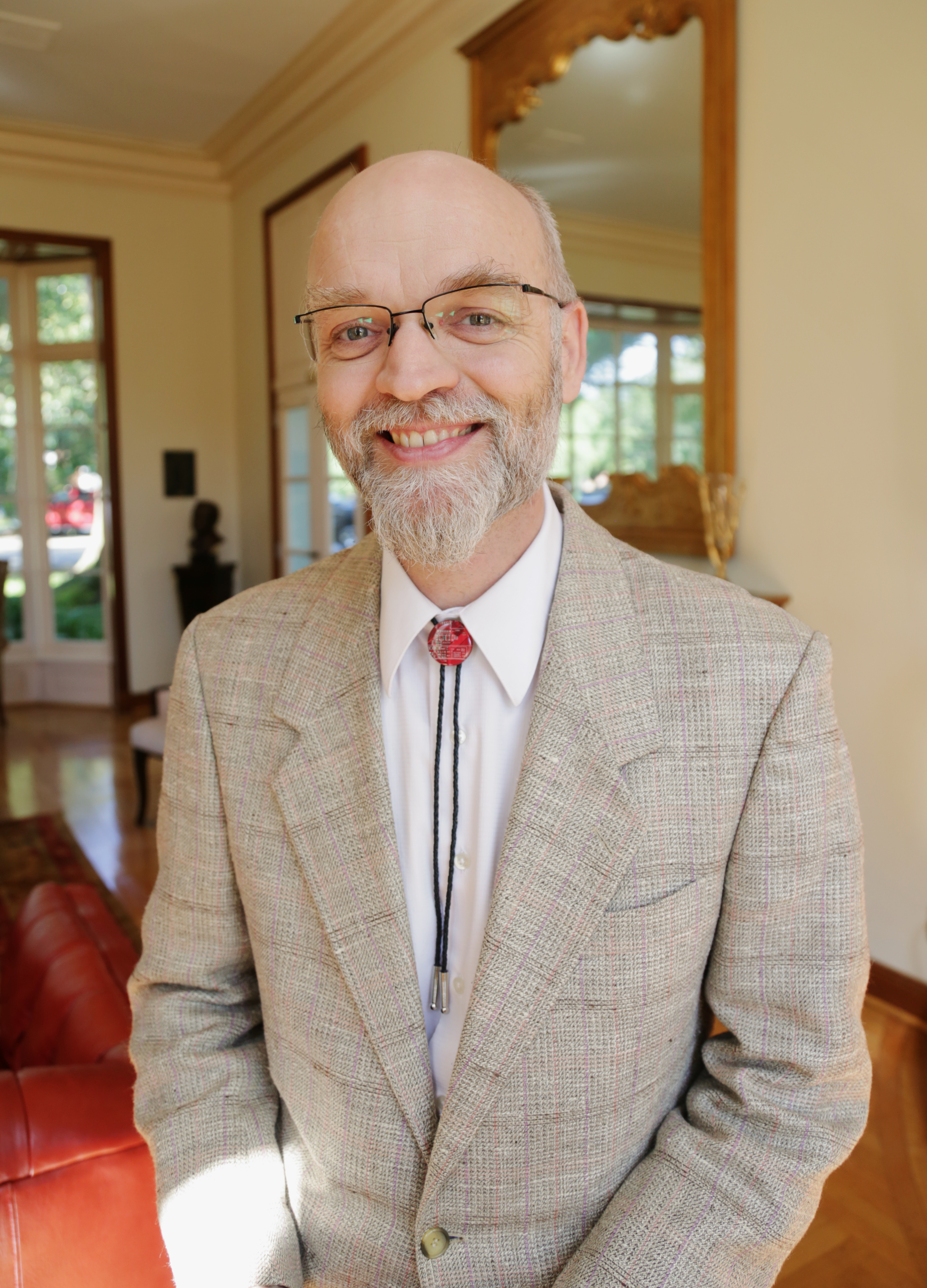Can't Find the Right OER? Make Your Own
In 2003, Dr. Jonathan Kulp was one of the first to teach an online course at the University of Louisiana at Lafayette. His online music appreciation class now draws more than 100 undergraduate students a semester, but the path to that success didn’t come easily.
He had a dream of using a totally free, openly licensed textbook for his course.

That kind of resource just didn’t exist. Books that were available were well written, but they were expensive and didn’t work well on all phones or tablets.
“The text needs to work well on a phone” because students always have a phone in their pocket, Kulp says. “Most publisher’s websites aren’t made for the phone. It’s a pretty terrible reading experience.”
So as an “early adopter” and course innovator, he got to work.
“I created my own edition of an open textbook,” he said. The music professor found an online text that he liked and reformatted it to be “dynamic and usable.”
Kulp gives the digital textbook to students free of charge. He is a firm believer in the Open Education Resources initiative, which enables universities to eliminate the traditional cost and hassle of textbook purchases for students by providing high-quality teaching, learning, and research materials that are free for people everywhere to use and repurpose.
“I do my small part to reduce the cost of learning materials,” he said. “If I can save a student $100 on a textbook, I’m happy about it.”
His students, of course, are happy to save money on textbooks and like the online format for the class. Kulp recognizes that online classes such as his fill an important need for students who need the convenience of being able to study at their own pace, on their own time schedules.
“Often they work full time, have two or three kids, and they need this course,” said Kulp, director of the School of Music and Performing Arts. Online study “may be the only way for them to get a degree.”
His online music appreciation course is “fairly comparable” to a traditional classroom version, with the textbook, a series of video lectures to watch, and a Spotify playlist for the music listening portion of the class. Of course, there is a mid-term test and final exam.
Kulp encourages other faculty members in his department to consider porting a class over to the digital classroom.
“Even if they think their class won’t work online, they shouldn’t dismiss it too quickly,” he says.
After all, he says, a lot of informal music teaching, such as guitar lessons, takes place through Skype and other online sources, all around the world.
